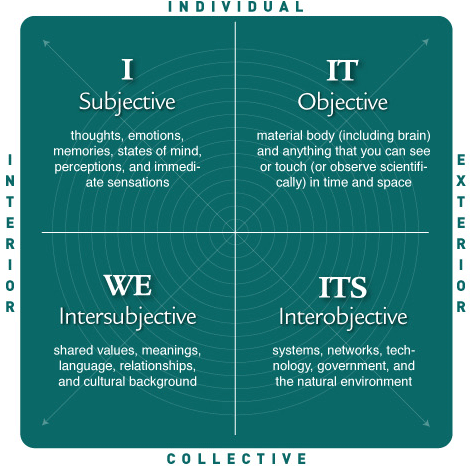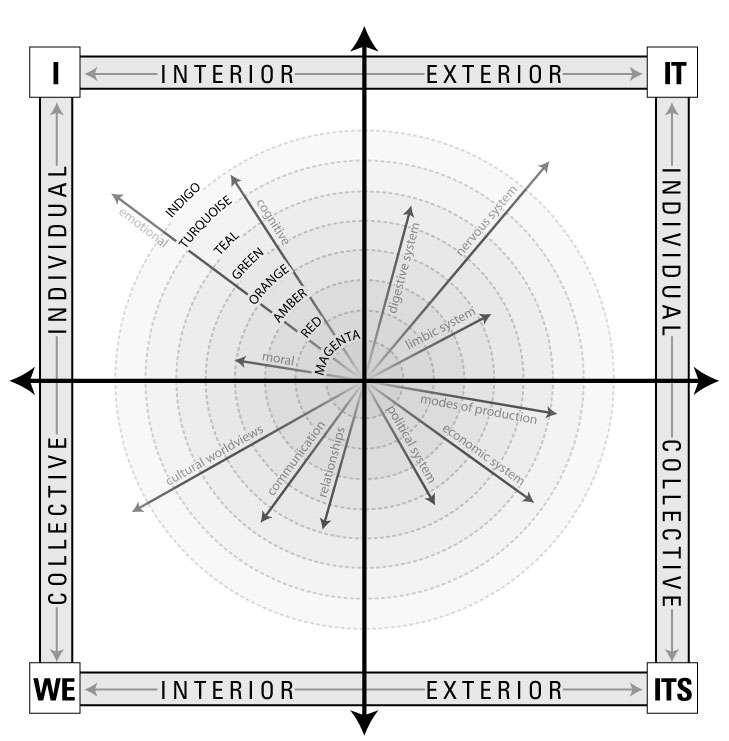What is feng shui?
Feng shui is a holistic, multidisciplinary domain that works in partnership with the person, their families and makes a holistic, person-centred and systematic assessment of environmental or physical, emotional, mental or psychological, social, cultural and spiritual or virtual needs, which includes risk and together develops a comprehensive plan to optimise and harmonise their workplace and home environments.
As much as people would like to reduce their issues to the ‘one problem = one solution’ equation, the complexity and richness of life negates such a simple quick fix mindset. Our lives are an expression of far deeper, wider and more complex undercurrents that run through it. And feng shui is one of them.
Feng shui definition
There are many defintions of feng shui – see What is feng shui – short answers
Feng shui definition
Feng shui is a complex art based on the Chinese understanding of the dynamic flow of energy throughout the universe. It examines how people are affected by the environment in which they live, and consciously acknowledges the connection between our external surroundings and our inner being. Feng shui is about 4000 years old.
“We shape our buildings, thereafter they shape us.”
Winston Churchill
Environmental psychology definition
Environmental psychology is an interdisciplinary field focused on the interplay between individuals and their surroundings. It has a broad definition of ‘environment’, encompassing natural environments, social settings, built environments, learning environments, and informational environments. Environmental psychology is about 100 years old.
A broader context for modern, holistic feng shui
Let’s place feng shui in the right framework or context so it makes sense and you won’t make false assumptions about how it works and what it can do for you. For modern feng shui to qualify as holistic, integral, it has to be comprehensive, whole and inclusive. The claim I’m making is that a modern, holistic feng shui is more complete, more comprehensive and more whole than almost any other type of feng shui.
The four quadrants
Ken Wilber proposed the four quadrants model from a simple observation that everything in the known universe can be looked at through one of these four perspectives.

The four quadrants by Ken Wilber
These four perspectives come from two dimensions – interior vs. exterior and individual vs. collective, which results in:
- The Upper-Left Quadrant: the interior of the individual is a subjective perspective, through which you perceive your private, inner experience (I).
- The Upper-Right Quadrant: The exterior of the individual is an objective perspective, through which can be seen your biology and behaviour (IT).
- The Lower-Left Quadrant: The interior of the collective is an intersubjective perspective, through which your relationships and broader culture can be perceived (WE).
- The Lower-Right Quadrant: The exterior of the collective is an interobjective perspective, or a systems perspective, through which networks, the economy and other social systems can be seen (ITS).

Ken Wilber 4 quadrants
Four perspectives of your present experience
These four ways or perspectives of looking at your present experience are available to you right now as you’re reading this blog. You can notice your thoughts and feelings as well as your body posture, your breathing and your behaviour (presumably reading this blog, but anything else?). Notice that you understand the meaning of this blog and that in some fashion you can relate to it or not. There are countless systems supporting you and your life right now: environmental, electrical, economic, legal, communication, political, social, etc, etc. Every time you use feng shui you can expand your awareness of your position by 400% just by noticing these four perspectives so your feng shui experience is truly holistic and empowering.
Modern feng shui practice
• Person-centred
• Classic + modern + evidence-based feng shui
• What works for your personally and universally
What is feng shui for?
Feng shui gives:
• energy and vitality as well as full health
• focus and purpose
• direction and positioning
• safety and security
• empowerment
(not fear-based)
With feng shui you can
• become happier, healthier and more successful
• minimise environmental stresses
• boost your luck and synchronicity
“I fear the man of a single book”
Saint Thomas Aquinas
People use feng shui for
• buying or selling properties
• optimising their homes with feng shui
• optimising their workplace with feng shui and feng shui for business
